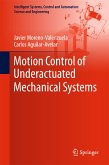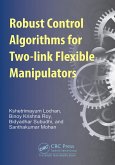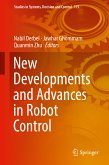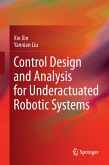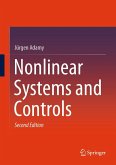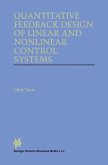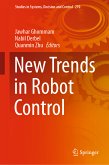Jian Huang is graduated in automatic control from the Huazhong University of Science and Technology (HUST), Wuhan, China, in 1997, and received the M.E. degree in control theory and control engineering and the Ph.D. degree in control science and engineering from Huazhong University of Science and Technology in 2000 and 2005, respectively. From 2006 to 2008, he was Postdoctoral Researcher at the Department of MicroNano System Engineering and the Department of Mechano-Informatics and Systems, Nagoya University, Japan. He is currently Full Professor with the School of Artificial Intelligence and Automation, Huazhong University of Science and Technology. His main research interests include rehabilitation robot, robotic assembly, networked control systems, and bioinformatics.
Mengshi Zhang was born in Hubei Province, China, in 1995. She received the B.S. degree in automation from South-Central University for Nationalities, Wuhan, China, in 2017. She is currently working toward the Ph.D. degree in control science and engineering with the School of Artificial Intelligence and Automation, Huazhong University of Science and Technology. Her current research interests include modeling and controlling mobile robot and underactuated systems.
Toshio Fukuda (Life Fellow, IEEE) received the B.S. degree from Waseda University, Tokyo, Japan, in 1971, and the M.S. and Ph.D. degrees from the University of Tokyo, Tokyo, in 1973 and 1977, respectively, all in mechanical engineering. From 1977 to 1982, he was with the National Mechanical Engineering Laboratory, Tsukuba, Japan. From 1982 to 1989, he was with the Science University of Tokyo. He was Professor at the Department of Micro System Engineering, Nagoya University, Nagoya, Japan, from 1989 to 2013. He is currently Professor at Meijo University, Nagoya, and Professor at the Beijing Institute of Technology, Beijing, China, mainly involved in the research fields of intelligent robotic systems, cellular robotic systems, mechatronics, and micro/nanorobotics.



